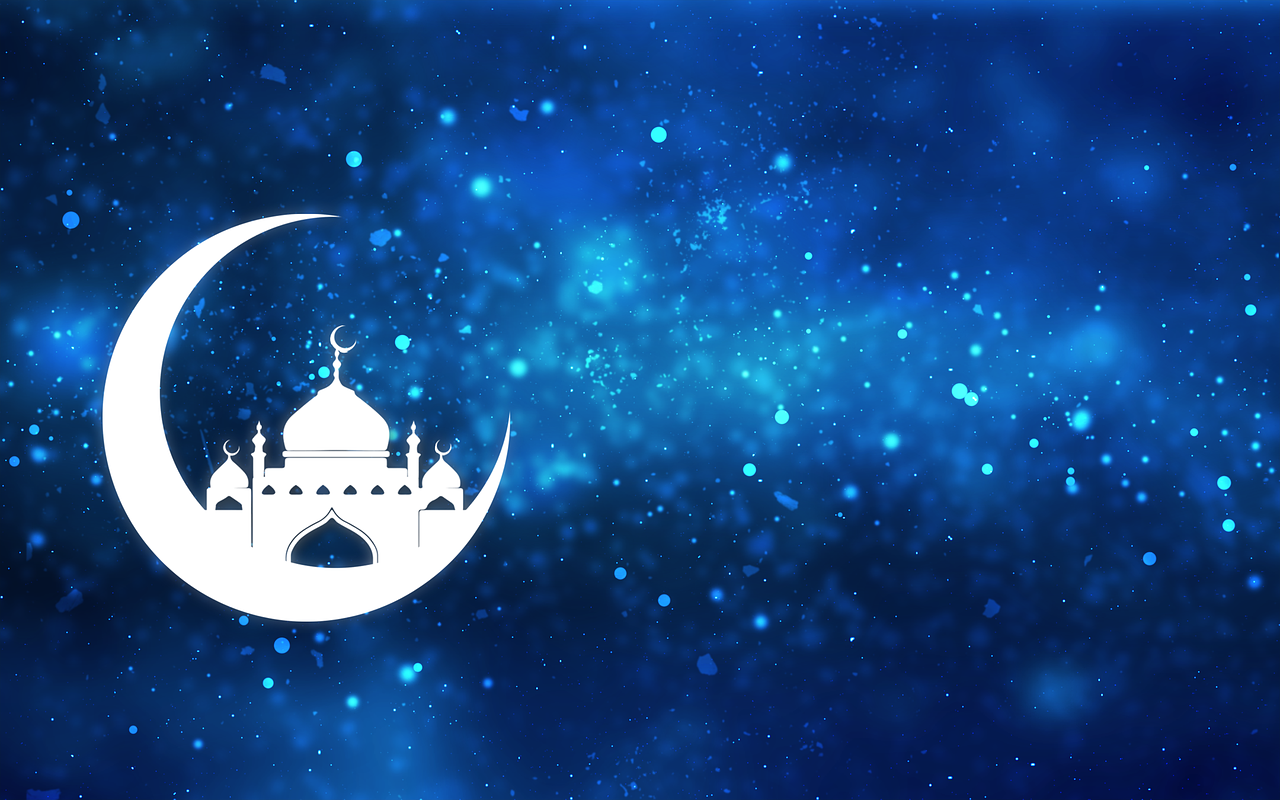
What is Ramadan and how to celebrate it

What is the holy month of Ramadan?
As the most important month in the Islamic calendar, Ramadan is a time of reflection and piety and marks the phase of the moon when the Prophet Mohammed received his first revelations. Ramadan is one of the five pillars of Islam. The other pillars are: the profession of faith (Shahada), daily prayer (Salah), support for the needy (Zakat) and the pilgrimage to Mecca (Hajj). Practising Muslims spend a lot of time in prayer and with their families during Ramadan.
When does Ramadan take place?
As Ramadan is based on the Islamic lunar calendar, its dates vary every year. In 2024, Ramadan will take place from 11 March to 9 April. The start of Ramadan is always announced when the crescent moon of the ninth month (in the traditional Islamic calendar) rises. The holy month of fasting lasts around 30 days – or until the next crescent moon is visible – and ends with the Eid al-Fitr holiday to mark the end of the fasting period.
How do Muslims practise Ramadan?
The heartbeat of the otherwise busy city slows down and people take time to reflect, recharge their batteries and develop personally. The holy month is celebrated differently in different countries. Everywhere, however, fasting between sunrise and sunset, regular prayer and actions motivated by charity and humility take centre stage. This creates an atmosphere of giving and compassion for the benefit of those less fortunate.
What are the most common greetings in Ramadan?
Keep in mind that Ramadan represents a time of spiritual reflection. Wishes such as “Happy holidays” should therefore be avoided. The most common greetings during this time are “Ramadan Kareem”, which can be translated as “Have a generous Ramadan”, and “Ramadan Mubarak”, which means “blessed Ramadan”.
What are Iftar and Suhoor?
As soon as the sun sets on a fasting day, it’s time to dine together in a convivial atmosphere. One of the best ways to celebrate this special month is to share a delicious iftar (after sunset) or suhoor (before sunrise) with your friends.
Fruit, sweetened cereals, yoghurt and puddings are the main ingredients of a suhoor just before sunrise. For iftar, which is served after sunset, various rice dishes and grilled meat dishes are served to energise the faithful after a long day of fasting.
Should I bring a gift if I am invited to an iftar or suhoor?
If you are invited to an iftar or suhoor meal, you should bring the hosts a token of your appreciation. This could be typical sweets, a selection of chocolates, a box of dates or a dessert. Decorations are also a good idea, for example a bouquet of flowers for your hosts’ home.

